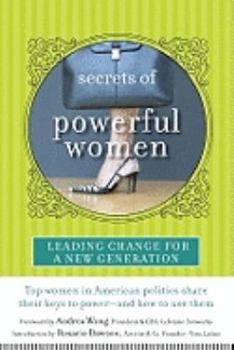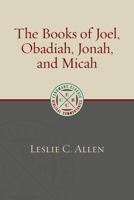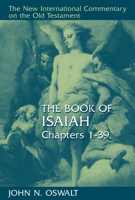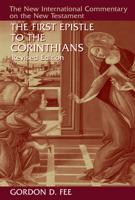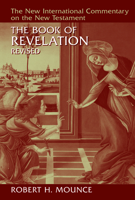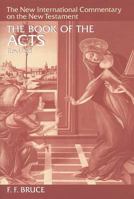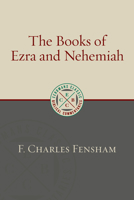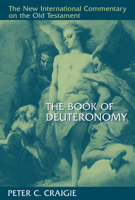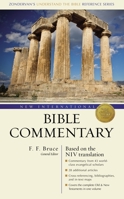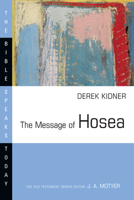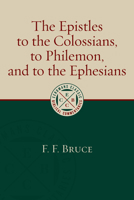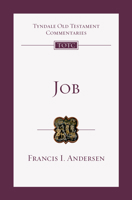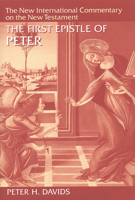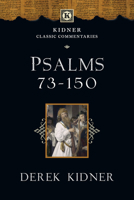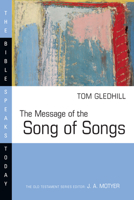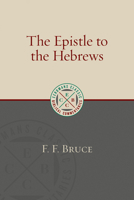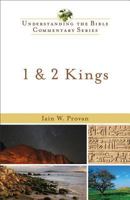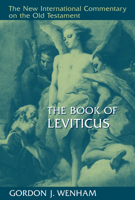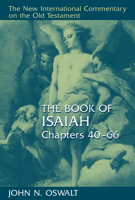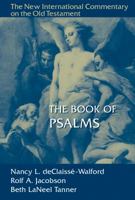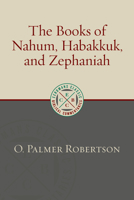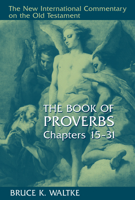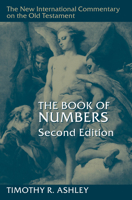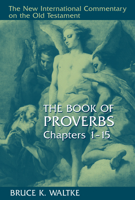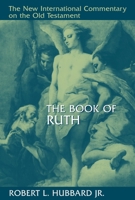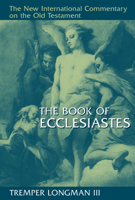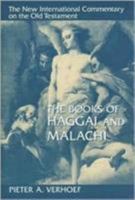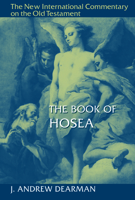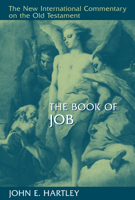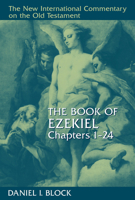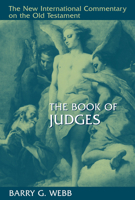Secrets of Powerful Women: Leading Change for a New Generation
Select Format
Select Condition 
You Might Also Enjoy
Book Overview
Customer Reviews
Rated 5 stars...inspirational, emotional, stirring!
Secrets of Powerful Women: Leading Change for a New Generation ...inspirational, emotional, stirring! Secrets of Powerful Women: Leading Change for a New Generation is a delightful little read, something you will certainly want to add to your bookshelf, or give as a gift. --Katharena Eiermann, 2010
0Report
Rated 5 starsOutstanding for all women, and maybe a few men too
This is a great book for anyone interested in SUCCESSFUL women. It was such a great, easy to read book that I ordered an extra copy to give to a friend's daughter who is graduating from college. This book is a collection of thoughts from many different SUCCESSFUL women -- advice from them to up and coming women on what can make them successful. It is simple, easy to read, and very insighful. I stress that this book is...
0Report
Rated 4 starsYour daily dose of girl power
"There is something special that happens when you get a group of powerful women in a room...and shut the door," writes Andrea Wong in her forward to Secrets of Powerful Women: Leading Change for a New Generation. In the summer 2008, 16 teenage girls were given exclusive access to dozens of the most politically powerful women in America, learning from these women's experiences and encouraged by their enlightening speeches...
0Report
Rated 5 starsInspiring!
Secrets of Powerful Women is a collection of the personal stories of 22 successful female leaders in today's political landscape. These women are governors, senators, congresswomen, city council members, foundation directors, journalists, authors, legal advisors, activists, and political analysts -- and their stories will inspire and resonate deeply with readers. During both the Democratic and Republican conventions of 2008,...
0Report
Rated 5 starsInformation you want your daughter to know
I loved this book. Every mother will want her daughter to read it! This book is a straightforward inspiring guide to finding power within and practical tips to realizing your dreams. A great gift for every graduate.
0Report











